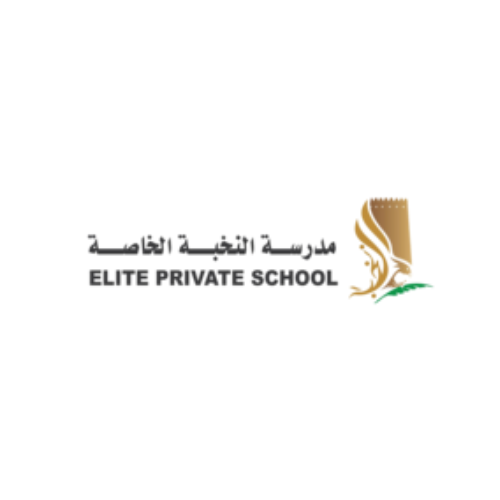
Website Elite Private School
Arabic Teacher in Elite Private School
Job Title: Arabic Teacher
Location: Abu Dhabi, United Arab Emirates
Company Name: Elite Private School
Liabilities
Elite Private School is seeking a good Arabic schoolteacher. You’ll join our cooperative platoon and educate Arabic. You’ll also develop a dynamic class. This inspires a love for the Arabic language. Likewise, you’ll assess pupil progress. This supports their academic development. Therefore, you’ll contribute to our academy’s positive culture. You’ll also work nearly with associates.
Conditions
A bachelorette’s degree in Arabic is essential. Also, you need a professional tutoring qualification, similar as a B.Ed. or PGCE. We bear a minimum of two times of experience. We prefer campaigners with experience in a British or transnational academy. This is a great occasion for professionals seeking tutoring in UAE jobs. A passion for tutoring is pivotal. You must be a devoted platoon player. This is a fantastic chance for tutoring jobs in UAE for nonnatives.
Benefits
We offer a great benefits package to our valued platoon members. We give a competitive, duty-free payment and furnished accommodation. You also get periodic flight allowances. Also, you’ll admit medical insurance and a UAE occupancy visa. Our academy supports professional development. Our preceptors truly succeed then.
Operation Process
Please submit your CV and a detailed cover letter through our careers portal. We’ll precisely review all operations. Shortlisted campaigners will get an interview. We’re committed to securing children. Background checks are needed. This includes police checks and a review of references. Beforehand operations are encouraged. We may appoint campaigners before the deadline.
About Company
Elite Private School is a well- established private academy. We’ve an excellent character. Our academy follows a public class. We’ve a rich academic program and a caring community. Every pupil feels valued and can reach their full eventuality. We flatter ourselves on high norms. We concentrate on character development. Our academy is ideal for a career in tutoring in UAE.
To apply for this job please visit eliteprivateschool.bamboohr.com.
Discover more from CJOBS UAE
Subscribe to get the latest posts sent to your email.

